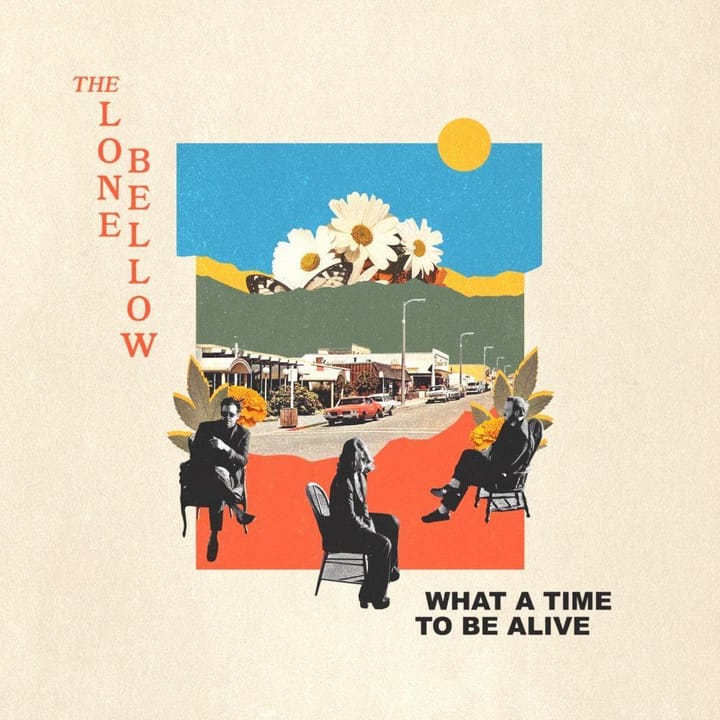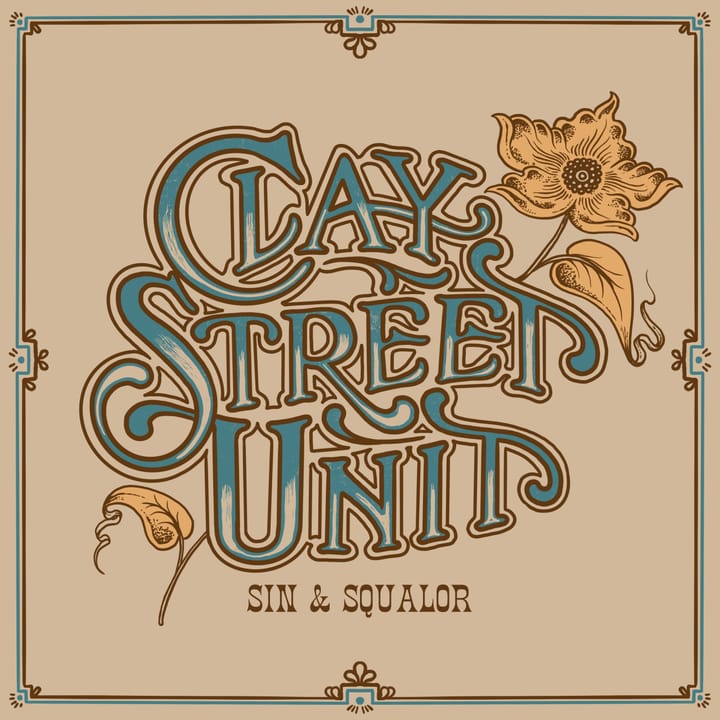Carl Sprague wasn't the first singing cowboy, but he was the first to have a hit single; "When The Work's All Done This Fall", his 1925 recording for the Victor Talking Machine Company, reportedly sold 900,000 copies in the years before the Great Depression. And unlike many of the silver screen cowboys who followed in his wake, Sprague -- an athletic trainer who pitched for the Texas A&M baseball squad while in college -- had seen the inside of a bunkhouse. In fact, he'd spent more than his share of time in the saddle working cattle drives in South Texas before he heard Vernon Dalhart's "The Prisoner's Song" and decided to try his hand at recording.
Tellingly, this collection of sides that Sprague cut for Victor in the late '20s never hints at the romanticized portrayal of life on the range proffered by Hollywood during the '30s and '40s. Sprague's recordings offer an unfiltered look at the dusty, grueling and often lonely life out on the trail. For instance, his breakthrough hit tells the tragic story of a cowboy who is trampled in a nighttime stampede. Other numbers function as cautionary tales about safety "(If Your Saddle Is Good And Tight") or scheming men ("The Wayward Daughter"). The latter is in the tradition of "She Is More To Be Pitied Than Censured" and is a precursor to the Kitty Wells hit "It Wasn't God Who Made Honky Tonk Angels".
Sprague's recordings also give their due to faith ("The Cowboy At Church"), humor ("The Club Meeting", in which a drunken husband hopes to slink home without waking his wife), and romance ("Cowboy Love Song", an antecedent of "Red River Valley"). Sprague's tenor vocals split the difference between the parlor style popularized by Dalhart and the earthier phrasing he doubtless heard avocational cowboy singers using around the campfire at night. Sprague's early sides feature just him and his guitar, while later recordings incorporate a pair of fiddles playing arrangements written by the singer's wife, Lura Bess Mayo. The craft is modest and unassuming, rather like Sprague himself.




Comments ()